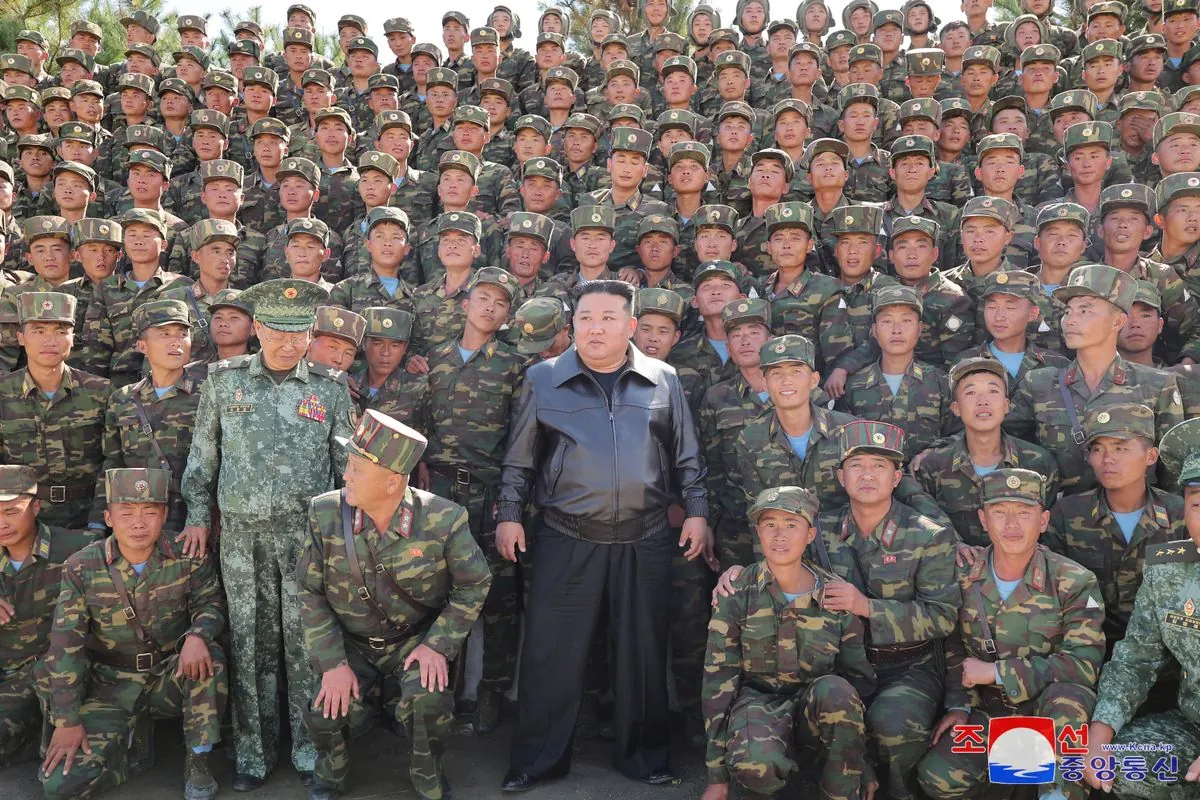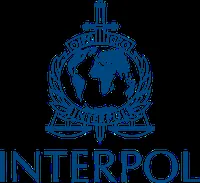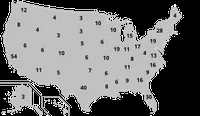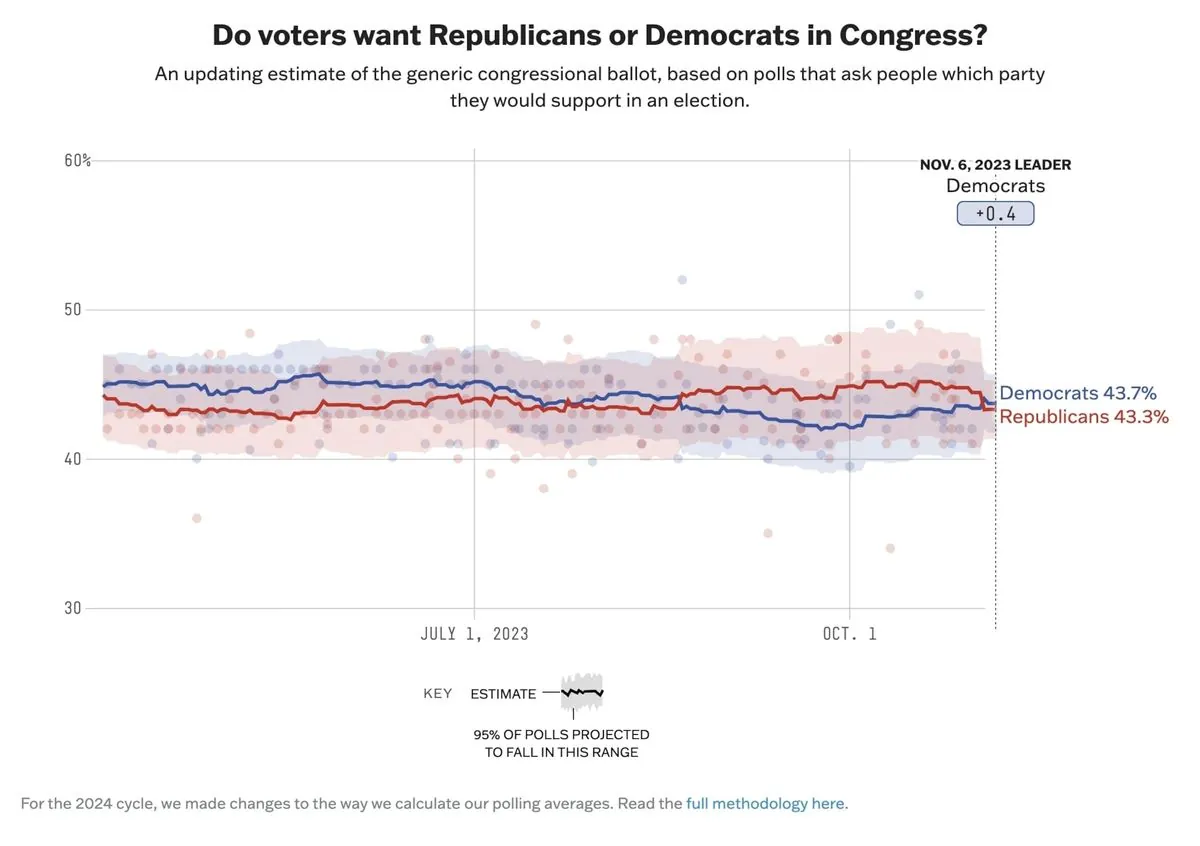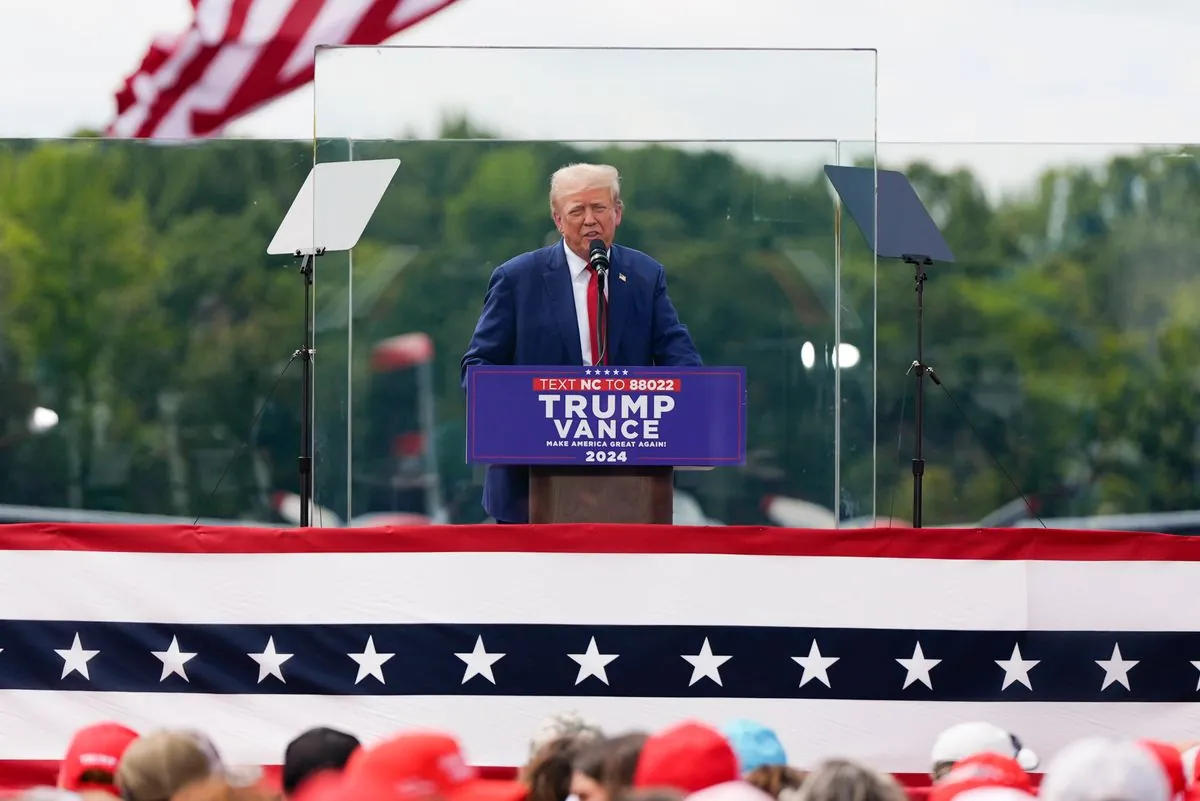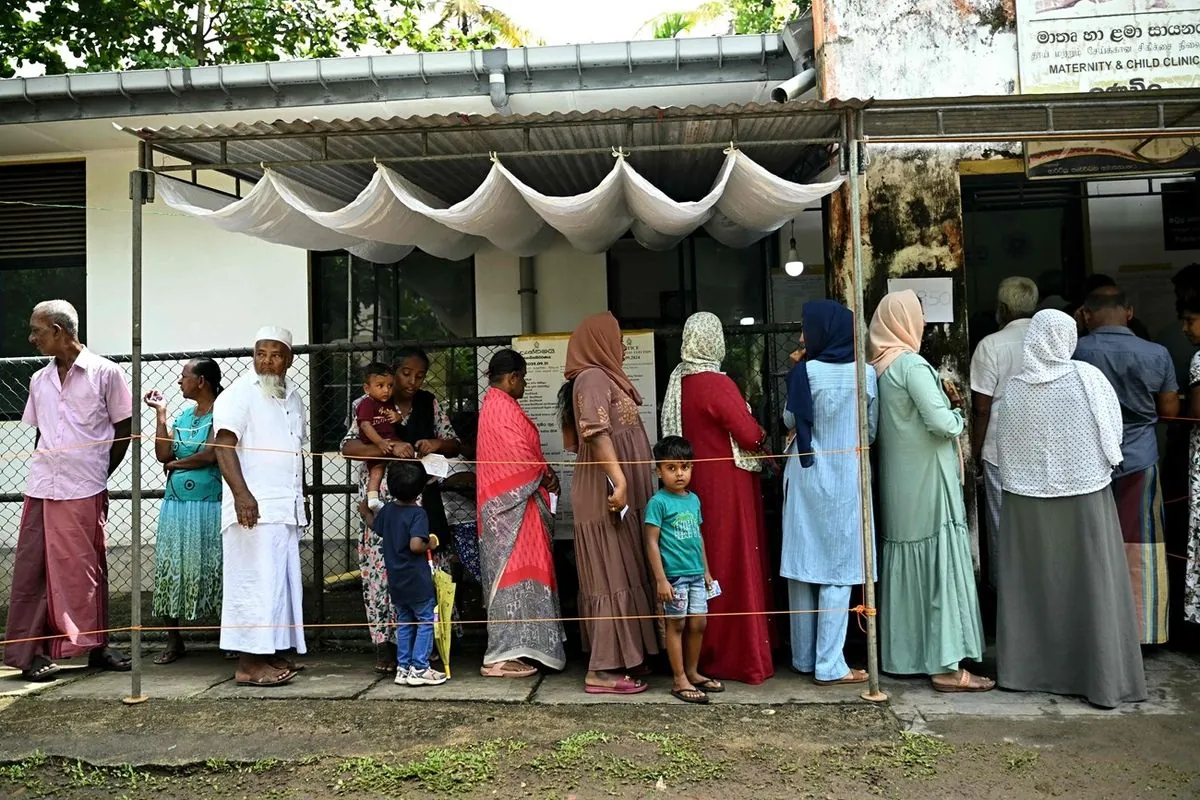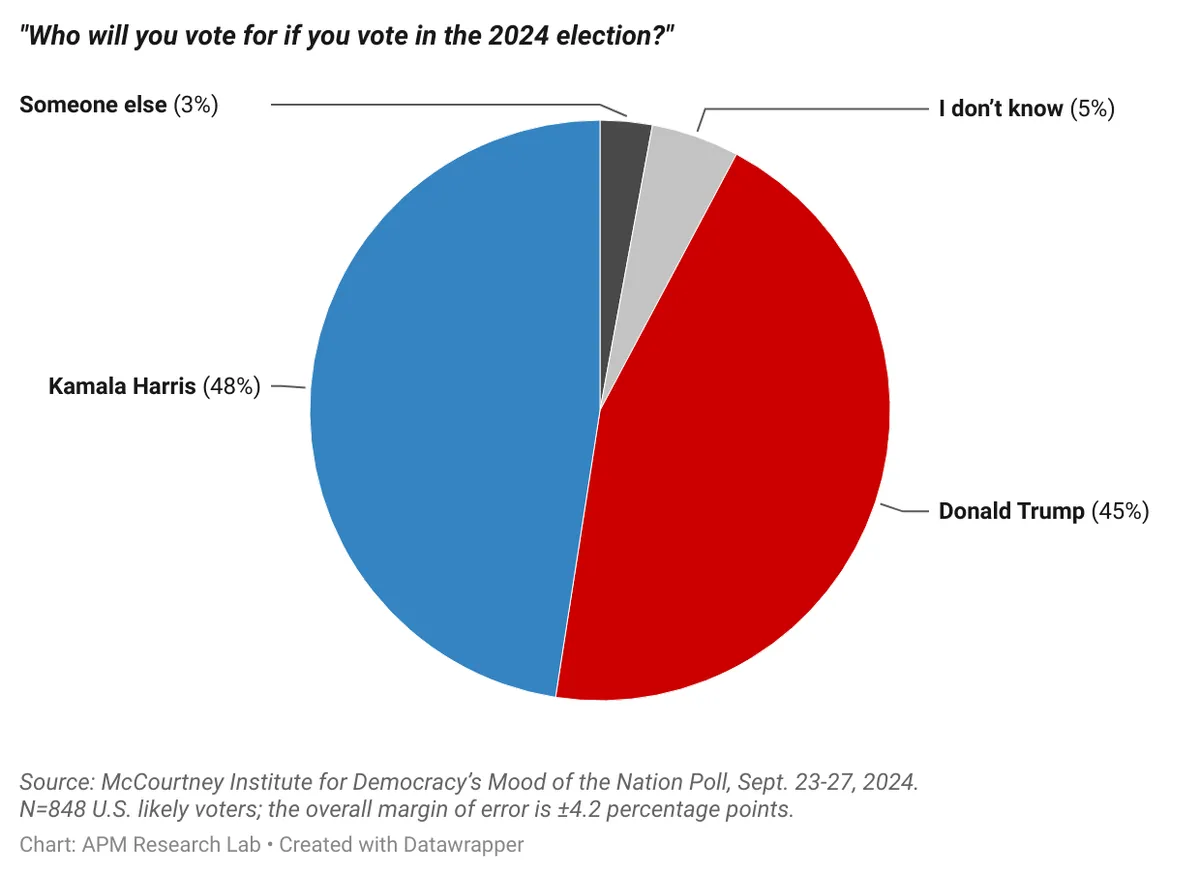Israel Expands Operations in Southern Lebanon, Hints at Ground Invasion
Israeli forces launch targeted strikes in southern Lebanon, signaling potential ground invasion. Hezbollah claims readiness despite losses, while Lebanon's PM considers implementing UN resolution to limit militant presence.
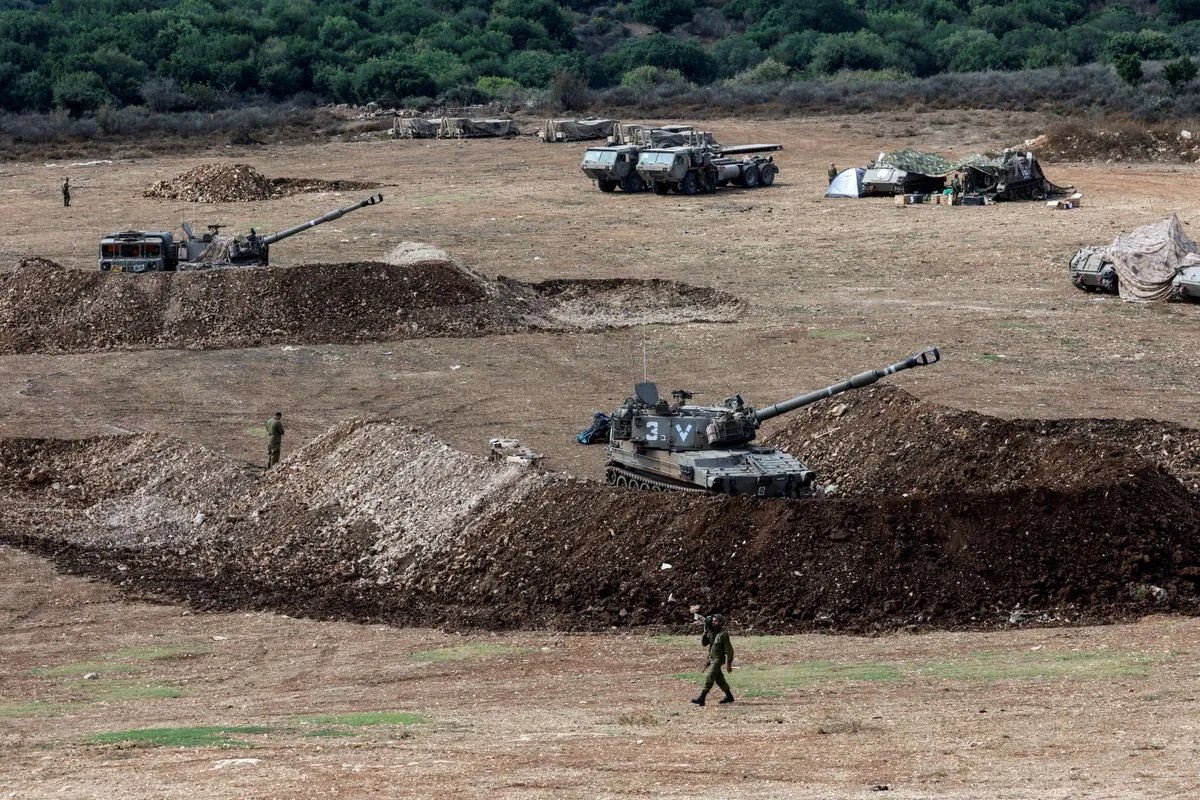
Israeli military forces have intensified their operations in southern Lebanon, marking a significant escalation in the ongoing conflict with Hezbollah. This development comes nearly one year after the outbreak of hostilities following the October 7, 2023 attack on Israel, which was the deadliest day in the country's history.
According to sources, Israel is considering expanding its ground operations in the region. An Israeli official revealed that elite commandos are targeting Hezbollah's infrastructure, including weapons sites and command centers, with the aim of pushing the militant group away from Israel's northern border.
Naim Qassem, Hezbollah's deputy secretary-general since 1991, stated that the organization is "ready for a ground incursion" despite recent setbacks. The group has suffered significant losses, including the assassination of its long-term leader, Hassan Nasrallah, in an Israeli strike on Beirut last Friday.
An Israeli intelligence source suggested that Israel is moving swiftly to capitalize on the advantage gained from Nasrallah's elimination. The source expressed hope that the United States would not intervene and impede Israel's operations.
Yoav Gallant, Israel's Minister of Defense since December 2022, hinted at a potential ground invasion during a visit to troops on the northern border. He stated, "We will use all of our capabilities – including you," addressing the soldiers directly.

Israel has already redeployed forces from Gaza to the northern border in recent months, shifting focus to its campaign against Hezbollah. The militant group, founded in 1985 during the Lebanese Civil War, has launched approximately 9,000 rockets into Israel since October 2023.
MGI Rafi Milo, commanding officer of the home front command, warned of "gaps" in Israel's air defenses, urging citizens to remain vigilant and follow safety instructions.
In response to the escalating situation, Najib Mikati, Lebanon's caretaker prime minister, expressed readiness to fully implement UN Security Council Resolution 1701. This resolution, adopted in 2006 to end the Israel-Lebanon conflict, prohibits Hezbollah's armed presence south of the Litani River, Lebanon's longest river flowing entirely within its borders.
The implementation of Resolution 1701 would involve deploying the Lebanese Armed Forces south of the Litani River, which is approximately 30 km from the country's southern border. This move aims to address Hezbollah's frequent violations of the resolution.
In a significant development, the Israel Defense Forces (IDF) targeted central Beirut for the first time since the conflict's inception. An airstrike hit a residential building in the Cola neighborhood, known for its transportation hub, resulting in four casualties, including three members of the Popular Front for the Liberation of Palestine (PFLP), a secular Palestinian Marxist-Leninist organization.
As tensions continue to escalate, the international community watches closely, with concerns about the potential for a wider regional conflict. The situation remains fluid, with both Israel and Hezbollah demonstrating their readiness for further military engagement.
"We will deploy whatever is needed – you, other forces, from the air, from the sea, and from the land," to return the 60,000 displaced civilians in northern Israel.

